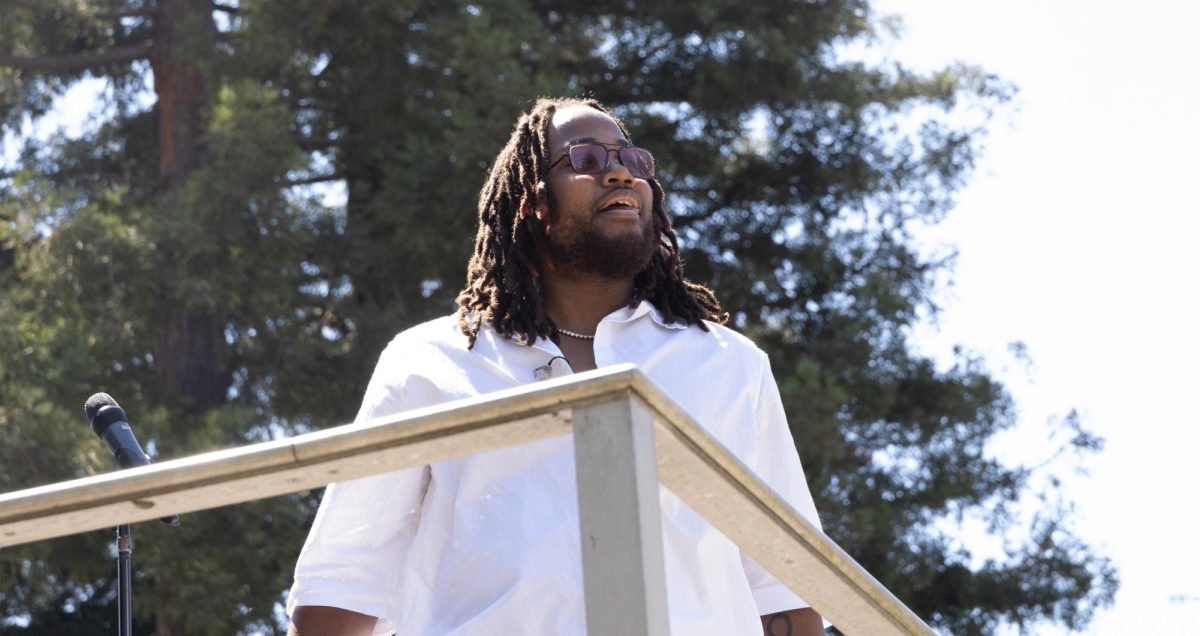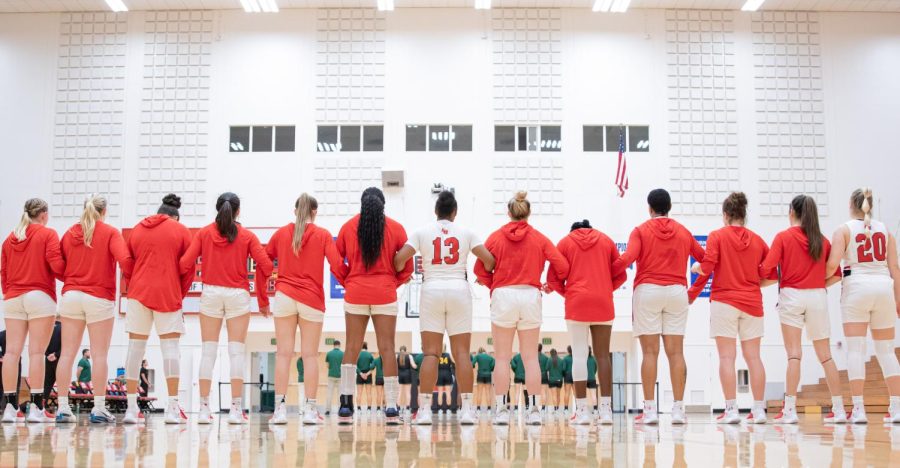Limited war is a concept that has until very recently been lost to the sands of time.
NATO involvement in the campaign by Libyan Revolutionaries to overthrow the dictatorship of Moammar Gaddafi should be lauded as an example of how the Western World can actively support the “good fight” without having to commit to the long-term deployment of ground forces.
America is a consistent force for good on the world stage; if we are to employ our powers to defend democratic principles worldwide, we must possess the ability to provide a measured response to foreign emergencies.
The steps taken by the United States and the European Union to first place financial pressure on the Gaddafi Regime, and then to authorize limited bombing of targets of interests in support of Libyan Transitional Council’s efforts to remove the autocratic Gaddafi Regime, show that intervention does not necessarily lead to foreign entanglements.
History shows us that this notion is not without precedent.
The 1999 NATO intervention in Serbia which led to the liberation of Albanian majority Kosovo from an oppressive Serb Government, the global pressures on Sudan to grant first fair representation and failing that full independence to South Sudan and the United Nations intervention to stave off the conquest of the Republic of Korea by the forces of authoritarian Communism are prime examples of how limited war can achieve great success.
Americans tend to view foreign entanglements through the lens of the Vietnam War. Even then, media manipulation of the ramifications of such events at the 1968 Tet Offensive have distorted the American public’s ability to judge success and failure overseas with a necessary degree of precision.
The gains made by the forces of democracy in Libya show that the Western World can advance the cause of liberty, equality and brotherhood without having to resort to overwhelming force.
Even if direct and aggressive intervention is required—as it was in the case of the Korean War—such intervention does not guarantee automatic tragedy, loss of civil liberties and a decline in the standard of living.
Such fears are merely boogiemen deployed by certain interest groups to deny America and the Western World the barest courtesy of open debate on the merits of an interventionist foreign policy.
Such propaganda was used to great effect in the Vietnam War. The insurgency in South Vietnam—the famed Viet Cong—had been broken in the Tet Offensive, the North Vietnamese Army was shattered by American firepower and yet Hanoi’s propaganda was able to sap American patience and thus her will to fight.
After 1973, the United States began to halt the necessary aid—air support, maintenance support—required by the South Vietnamese to continue the war. Military historians contend that as long as the Army of the Republic of Vietnam was given material aid; the thousands of US troops deployed to Vietnam could have been brought home with no adverse effect to the war effort.
Instead, the US Congress stopped military aid to the South and the North Vietnamese—with a generous helping of Soviet and Chinese aid—overran the South to the determent of democracy.
The same mistake should not be made in Libya. America should commit to aiding the Libyan Transitional Council’s quest to bring popular rule to that North African nation.
We should not be haunted by the ghosts of the past, rather we should ensure that their lives were not shed in vain. An isolationist, non-interventionist stance is unwise to embark upon in an increasingly globalized society.
When Washington wrote his Farewell Address cautioning the infant Republic from engaging in foreign entanglements, America could afford to be an island unto itself. A decade later the United States Navy was patrolling the waters of the Mediterranean, actively intervening to stop the Barbary States from plundering our commerce, an act which proved that our First President’s wisdom was not infallible.
Now we face our own Barbary Coast crisis and we ought to highly resolve to redouble our efforts in the defense of democratic principles abroad.











